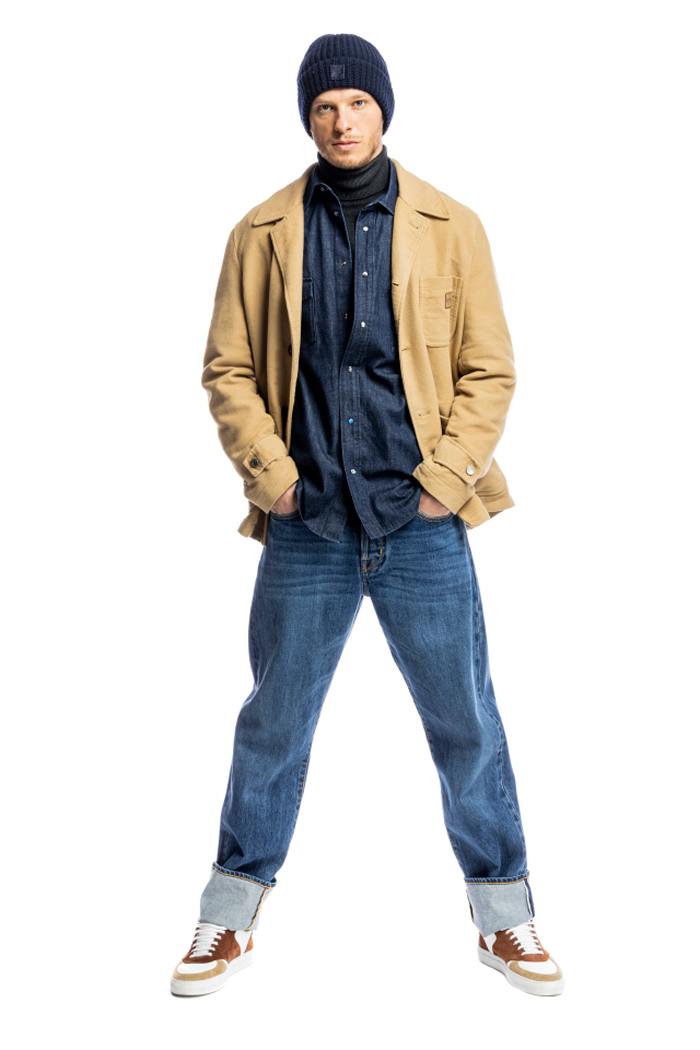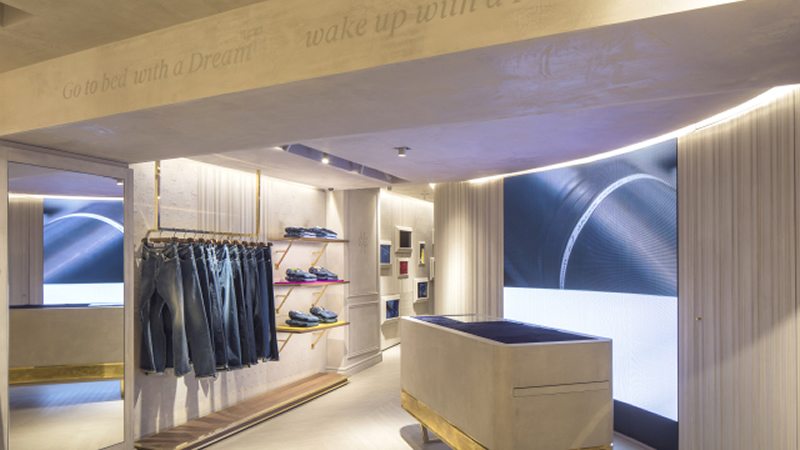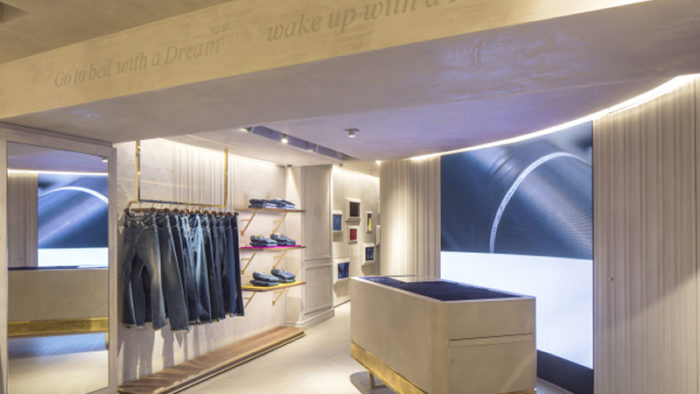Jennifer Tommasi Bardelle’s mission for the future of the Jacob Cohën brand is humble and very reasonable: “We aim to become the ultimate compliment to the major fashion house’s collections,” she said during an interview at the brand’s Milanese headquarters.
Tommasi Bardelle, who succeeded her late husband at the helm of the brand, which was launched in 2003 as a luxury denimwear label, wants Jacob Cohën’s jeans and casualwear to become a stable fixture in the most important fashion stores in the world.
“That’s the reason why we decided to streamline our distribution,” said the executive, highlighting that, while the brand is available in 1,300 stores across the globe, over the next few seasons she plans to reduce that number, putting a stronger focus on the quality of the wholesale network.
In July, multibrand stores, as well as the brand’s boutiques in Milan, Paris, Saint-Tropez, and Courchevel, will receive the fall 2021 collections, the first produced and distributed by the new licensing partner, the established Italian manufacturing company Sinv.

Last year, Jacob Cohën — whose collections were previously manufactured and distributed by another licensing partner, Giada — created a new company with Sinv, named Jacob Cohën Industry.
“Technically we signed a licensing agreement with Sinv, but it’s a very peculiar one, since the way we work together and we manage the brand is very particular because it’s based on a constant mutual exchange,” said Tommasi Bardelle, adding that she is very happy with the quality that Sinv is guaranteeing.
Working exclusively with Veneto-based partners, Jacob Cohën, which expects to generate revenues of 60 million euros in one year, is putting a strong focus on sustainability and, according to Tommasi Bardelle, aims to have a fully certified sustainable production chain by 2026.
While men’s wear accounts for 90 percent of the brand’s sales, the company is trying to grow its women’s business. “With the fall 2021 collection, we injected a new twist into the women’s line offering more contemporary, appealing shapes,” explained the executive. “It’s easier to take some risks with women’s wear since it’s not our core business, but with the spring 2021 collection we have also revamped the men’s line.”
Jacob Cohën made a name for itself in the fashion industry with its sartorial approach to jeans, but it does not offer only denim, carrying a full line of ready-to-wear garments.
“Even if denim still accounts for 50 percent of our business, we are growing as a ready-to-wear brand,” said Tommasi Bardell. “However, denim remains the driver to attract new clients, that once in love with our jeans start buying into the other categories.”
With Italy accounting for 30 percent of the brand’s total business, the brand has a strong presence in Europe, where Jacob Cohën also operates a shop-in-shop at Harrods in London, whose size was recently doubled.
“We are in touch with a potential partner in China to distribute our collections there,” said Tommasi Bardelle, who recently signed an agreement with Michael Burns for the distribution in the U.S.


